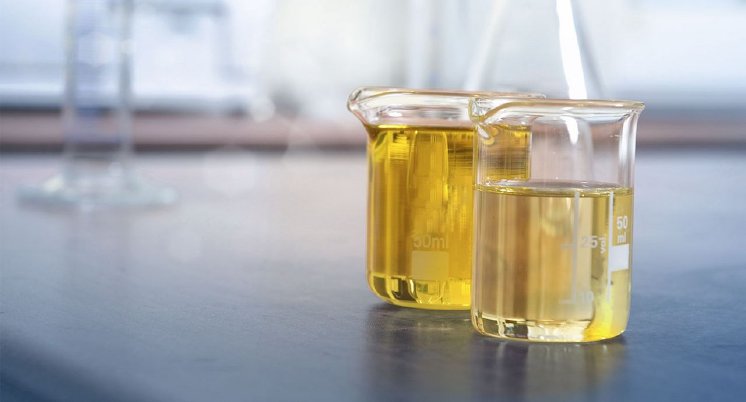Recycled polyols developed and produced by RAMPF Eco Solutions meet the highest quality standards. The made-to-measure systems RECYPOL® (ether and ester polyols based on polyurethane materials), PETOL® (ester polyols based on PET or PSA), and biopolyols (based on renewable raw materials) are used worldwide in a multitude of applications, including in the automotive, aerospace, construction, electrical/electronics, energy technology, filter, household appliance, medical technology, rail, ship and wood/furniture industries.
- Innovative chemical recycling processes for high-quality products
The company based in Pirmasens, Germany, has also developed chemical processes that enable PET/PSA, other polyesters (PLA, PC, PHB), and renewable or bio-based raw materials such as vegetable oils to be used as feedstock for the manufacture of recycled polyols.
RAMPF Eco Solutions is the market-leading partner for the design, development, and construction of multifunctional plants for the manufacture of customized recycled polyols using polyurethane waste materials, PET/PSA, polyesters such as PLA and PHB, as well as biomonomers. The plants allow customers to manufacture their own polyols onsite, which can then be fed directly back into the production process.
For this, RAMPF Eco Solutions combines its many years of experience both in developing innovative chemical solutions and industrial plant construction – the result is a unique proposition for the market. Leading plastics producers from Germany, France, Russia, Spain, and the United Arab Emirates are using these cutting-edge multifunctional recycling plants.
Recycled polyols made by RAMPF Eco Solutions are tailored to the respective applications of the customer. For example, producers of tooling boards or molded parts can improve the compressive strength of insulating foams, the chemical stability of casting compounds, or the compatibility of polyurethane systems by adding recycled polyols.
Multifunctional recycling plants designed by RAMPF Eco Solutions enable customers with high residual volumes to produce their own recycled polyols. In this way, both raw material use and transport and disposal costs are significantly reduced.

